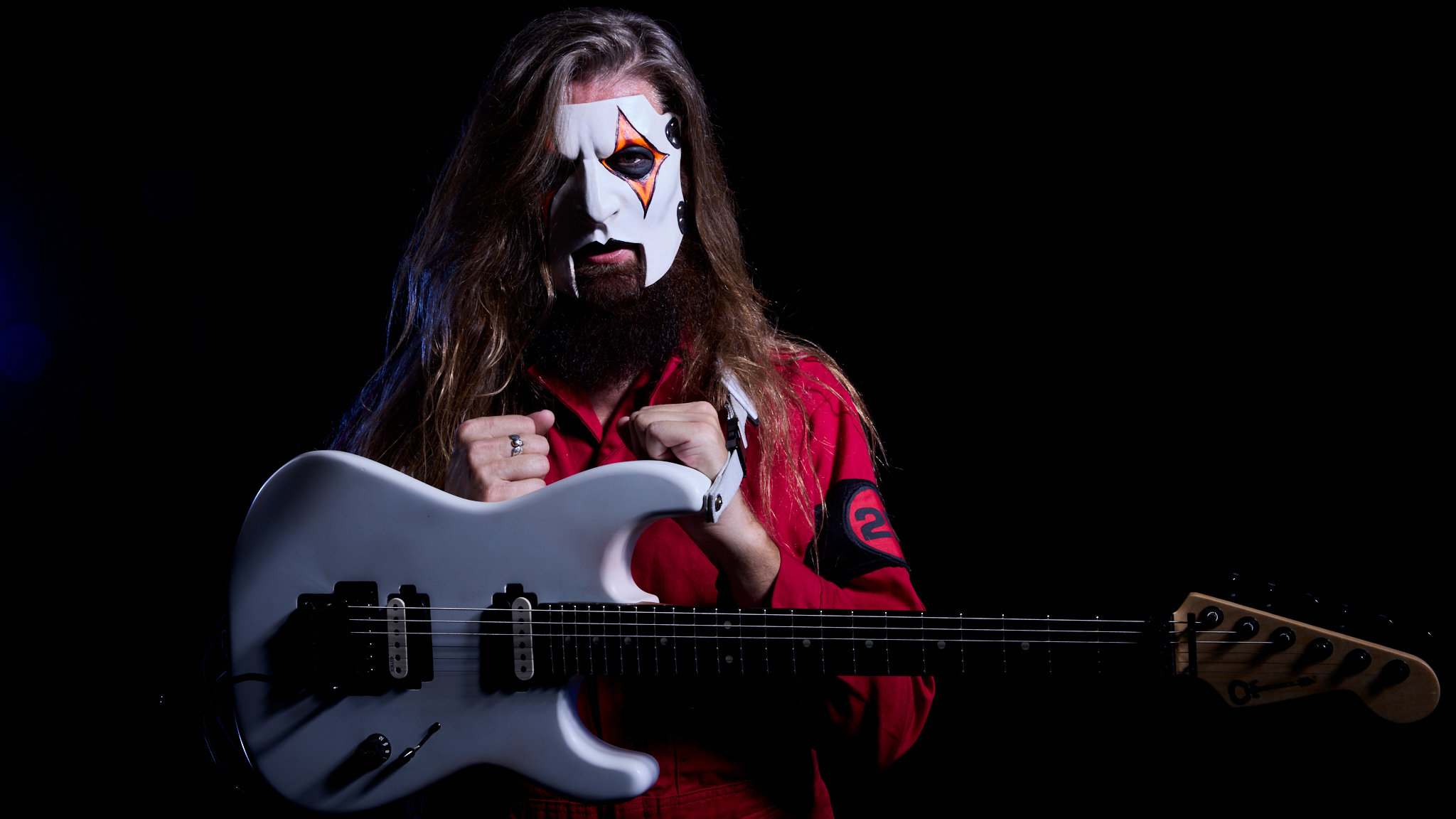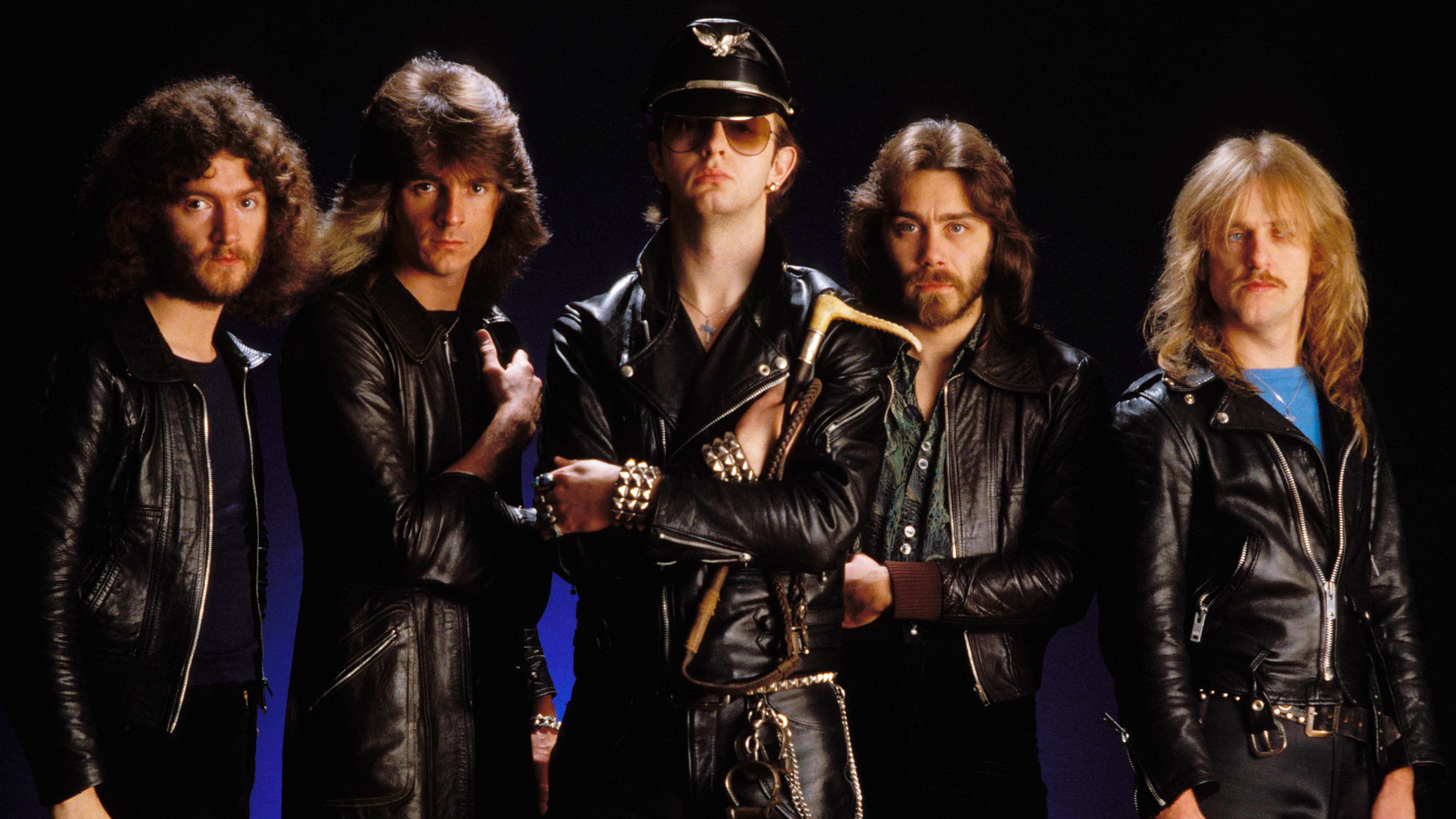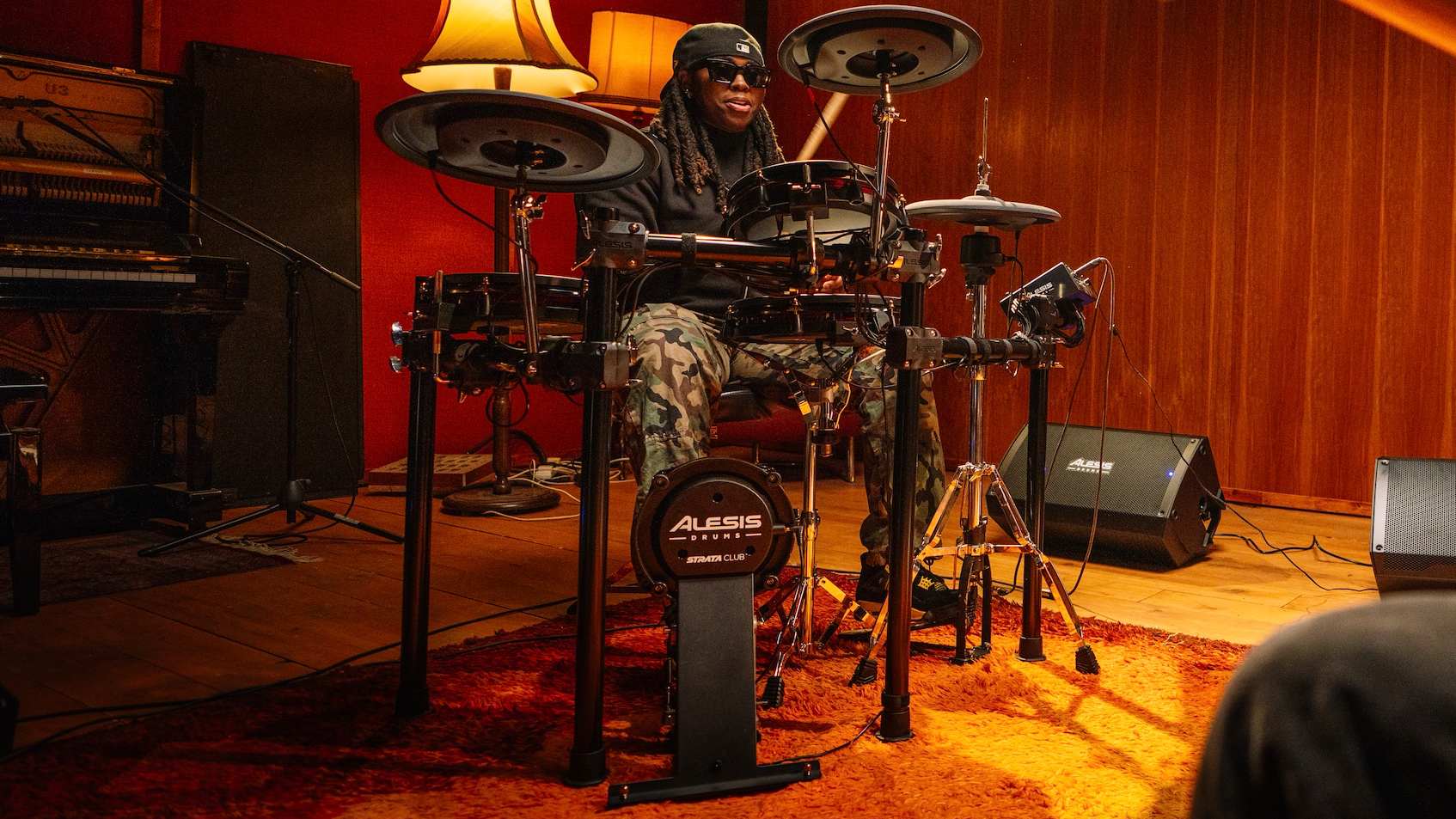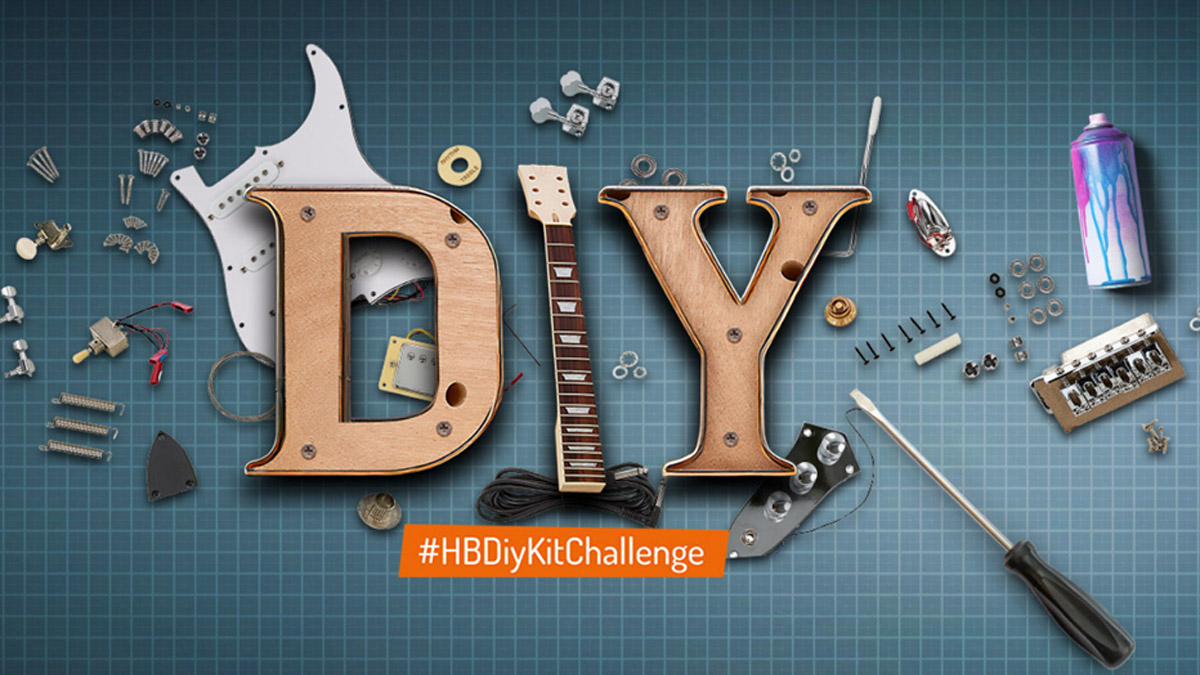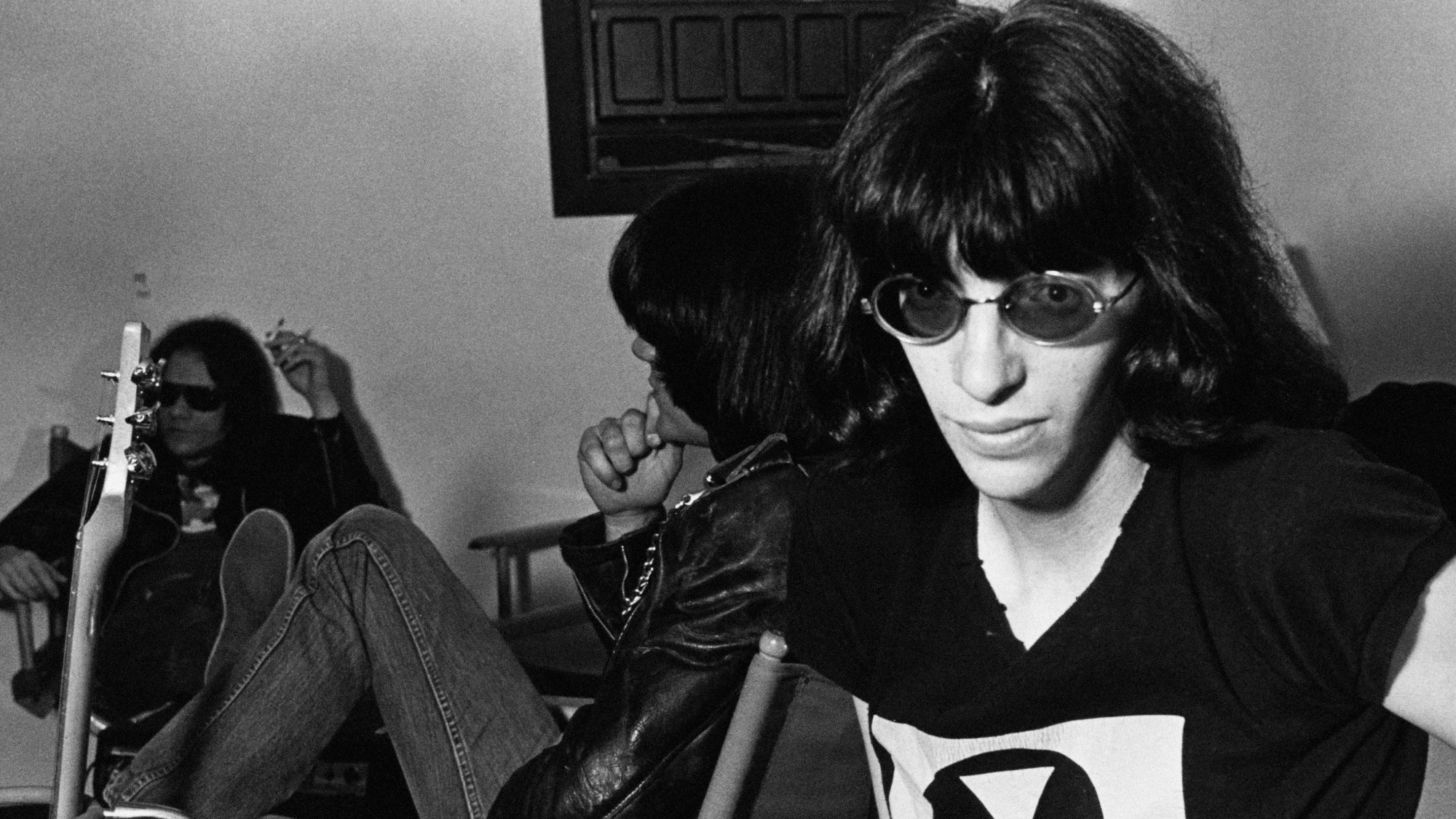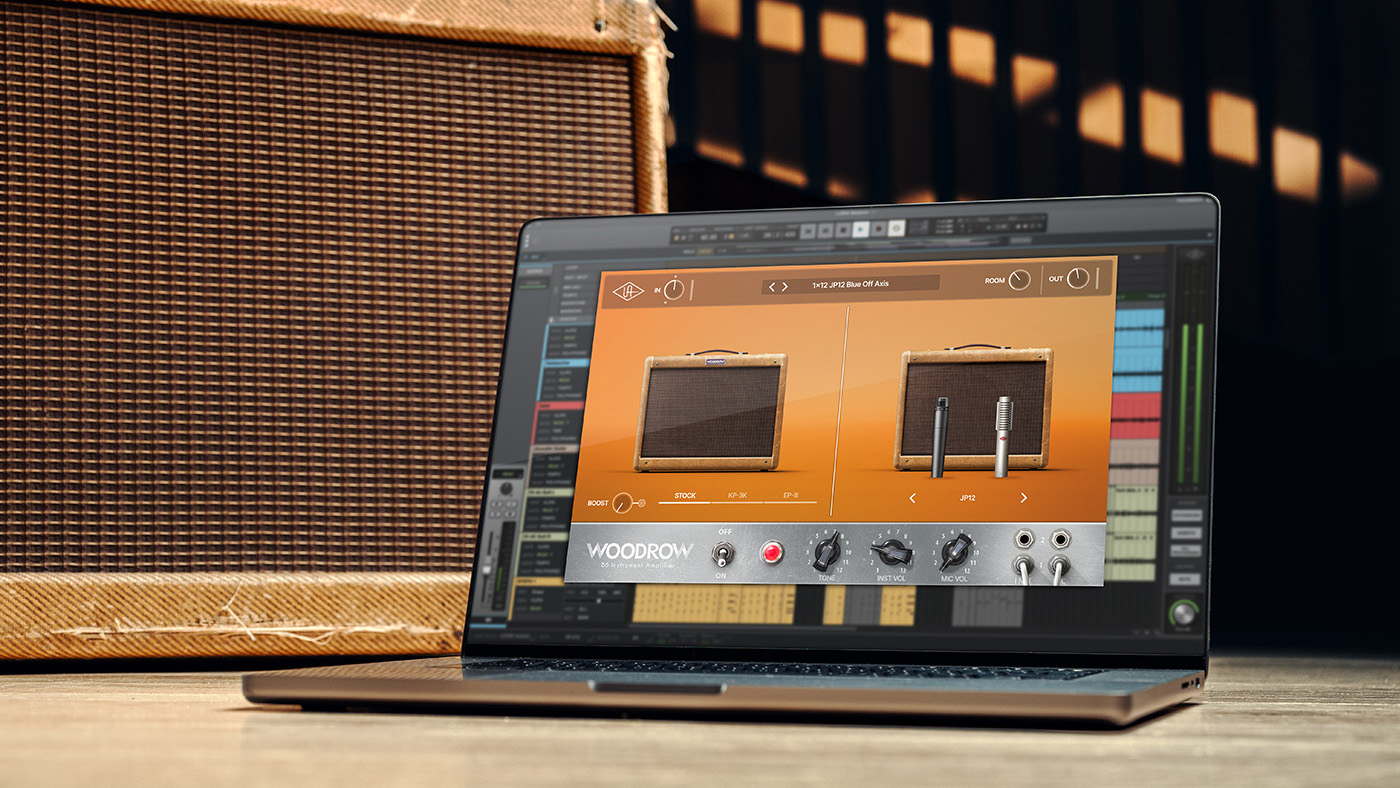Amy Winehouse bassist Dale Davis: “Amy was an amazing talent, and very easy to work with”
Looking back at playing with the iconic singer-songwriter
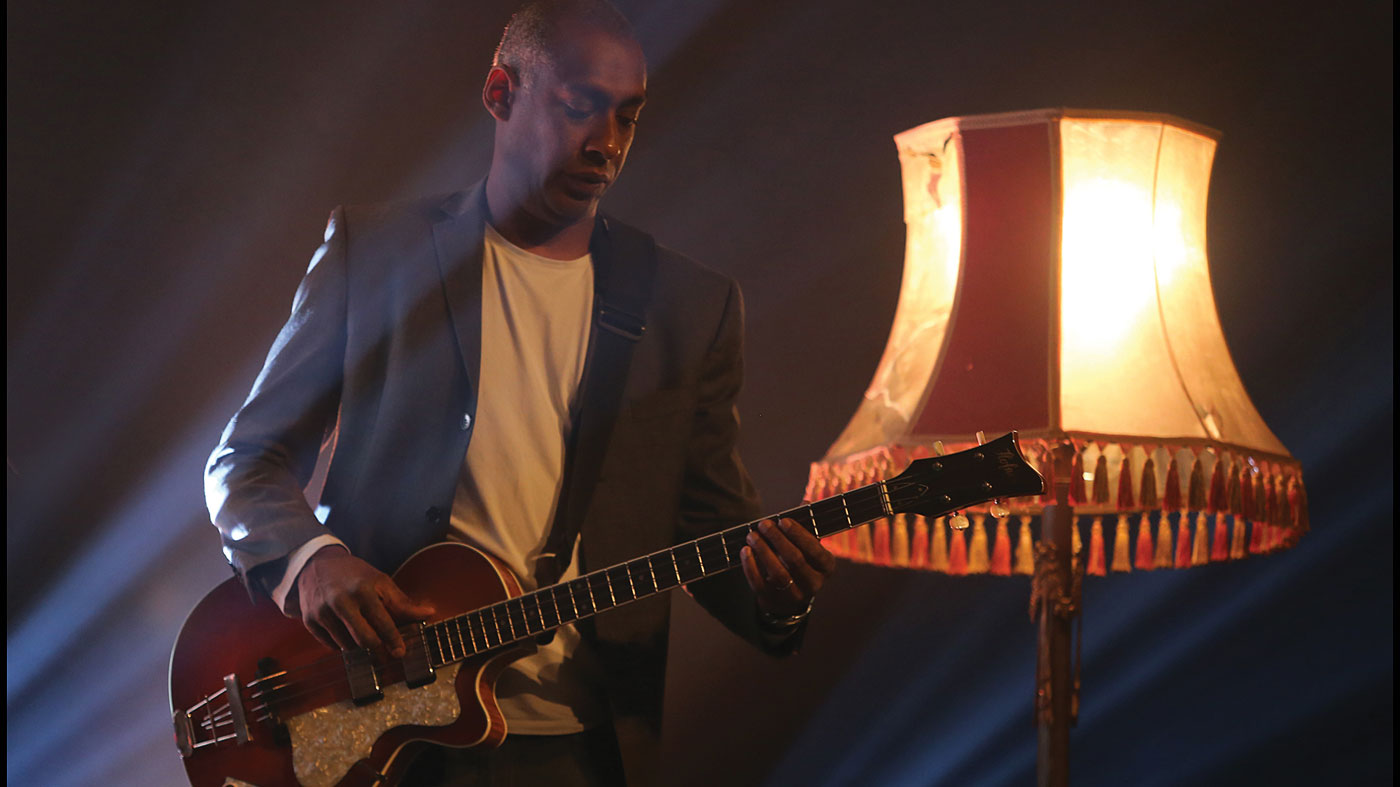
Dale Davis isn’t the first sideman to suffer the loss of an artist, an employer and friend, but when that friend happens to be Amy Winehouse, the ramifications were profound and longlasting.
“She was an amazing talent, and very easy to work with, but we all know that the story went wrong,” he tells us. “It was hard to go on stage for the last two or three years of her life, but I always lived in the hope that she would get herself back together. By the end, she was tired and she’d given everything.”
How did you get started on bass?
Apparently I was the only one on the audition who played the songs right. After 18 months, Amy made me the MD
“I started playing guitar when I was eight. I had a few Jimi Hendrix posters on my wall and thought ‘I’m never going to be like you’, so I gave up guitar and took up bass seriously at 14. Danny Thompson, playing double bass with Donovan, was my first influence. Then it was John Entwistle and Geddy Lee, before a mate introduced me to Weather Report.
“I was also a fan of Mick Karn and Brand X. I’d just got myself a Guild B301, so by the time Pino Palladino appeared, I ripped the frets out and put an ebony board on it. I played fretless for a long time.”
How did your big break come about?
“I came to London to study music when I was 20, going to jazz jams. When the acid jazz scene kicked off, I went clubbing a lot, and I met Norman Cook [later Fatboy Slim] in 1992 during his Beats International phase. He was so ahead of the game. I joined Microgroove and Norman used us as the band for Beats International. That morphed into Freak Power.
Get the MusicRadar Newsletter
Want all the hottest music and gear news, reviews, deals, features and more, direct to your inbox? Sign up here.
“After a year I felt it had run its course, so I handed my notice in - and then they hit it big! I then worked with Paul Young and Ollie Marland from Tina Turner’s band, and I spent four years as the bassist for Night At The Proms in Belgium and Europe.”
So how did you cross paths with Amy?
“I got an audition through the MD of the band who I’d done a function gig with. Apparently I was the only one on the audition who played the songs right. After 18 months, she made me the MD. Once the Back To Black album landed, it went stratospheric and we worked solidly for eight months, full on.”
What gear do you use?
“I use a Marshall VBA head and a 4x12 cabinet, some Mesa Engineering gear and an old Ashdown amp too. I take two basses with me: a Lakland Decade and a Höfner Club. I don’t generally have a preference for strings: I’ve never changed the flat-wounds on my Höfner, I like the sound of things getting old.
I own the last Epiphone Rivoli bass produced, which Gibson tried to buy back from me. I used it in the early days with Amy
“A lot of my work doesn’t require pedals so I have a fairly clean signal. I had a 1971 Jazz bass for the Freak Power stuff and I have the usual session staples such as a Wal fretless and a five-string Stingray. I also own the last Epiphone Rivoli bass produced, which Gibson tried to buy back from me. I used it in the early days with Amy.”
What can we expect to hear you playing on in the near future?
“I love playing bass but you grow into other areas as you get older. I’ve been composing library music, performing music masterclasses, e-sessions, stints with Paul Young and an appearance on the Sky Atlantic drama Guerrilla. I still play with Amy’s band in various formats, and I’m also currently working on a studio project with Richard Archer of Hard-Fi.”
What are your lasting memories of Amy?
“She was such a great singer. You could play literally anything and she would sing over the top: she had amazing rhythm and an ability to just glue things together. She was very generous as a person. It was great to be a part of that history, but it will always be tinged with sadness.
“I spoke to her three hours before she went to bed for the last time. I don’t consider myself the greatest bass player, but we seemed to complement each other. If she loved you, she loved you.”





